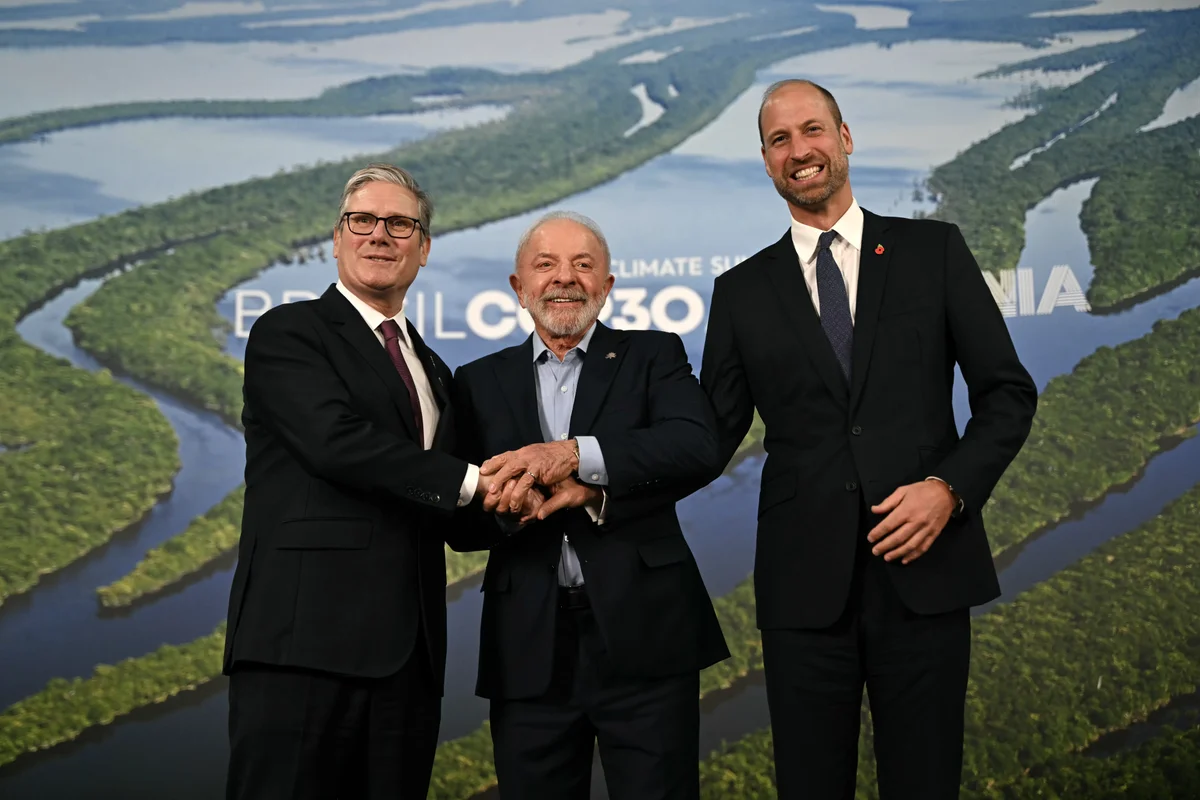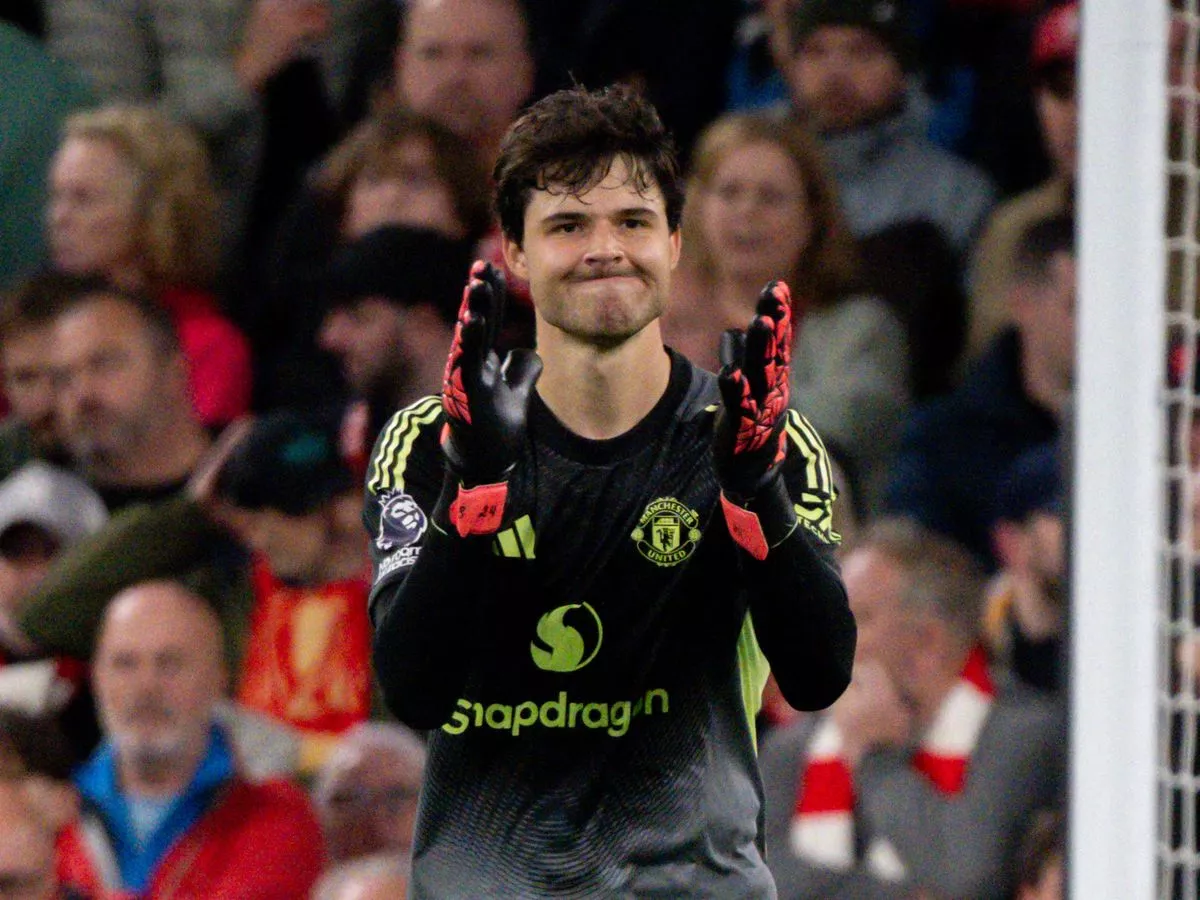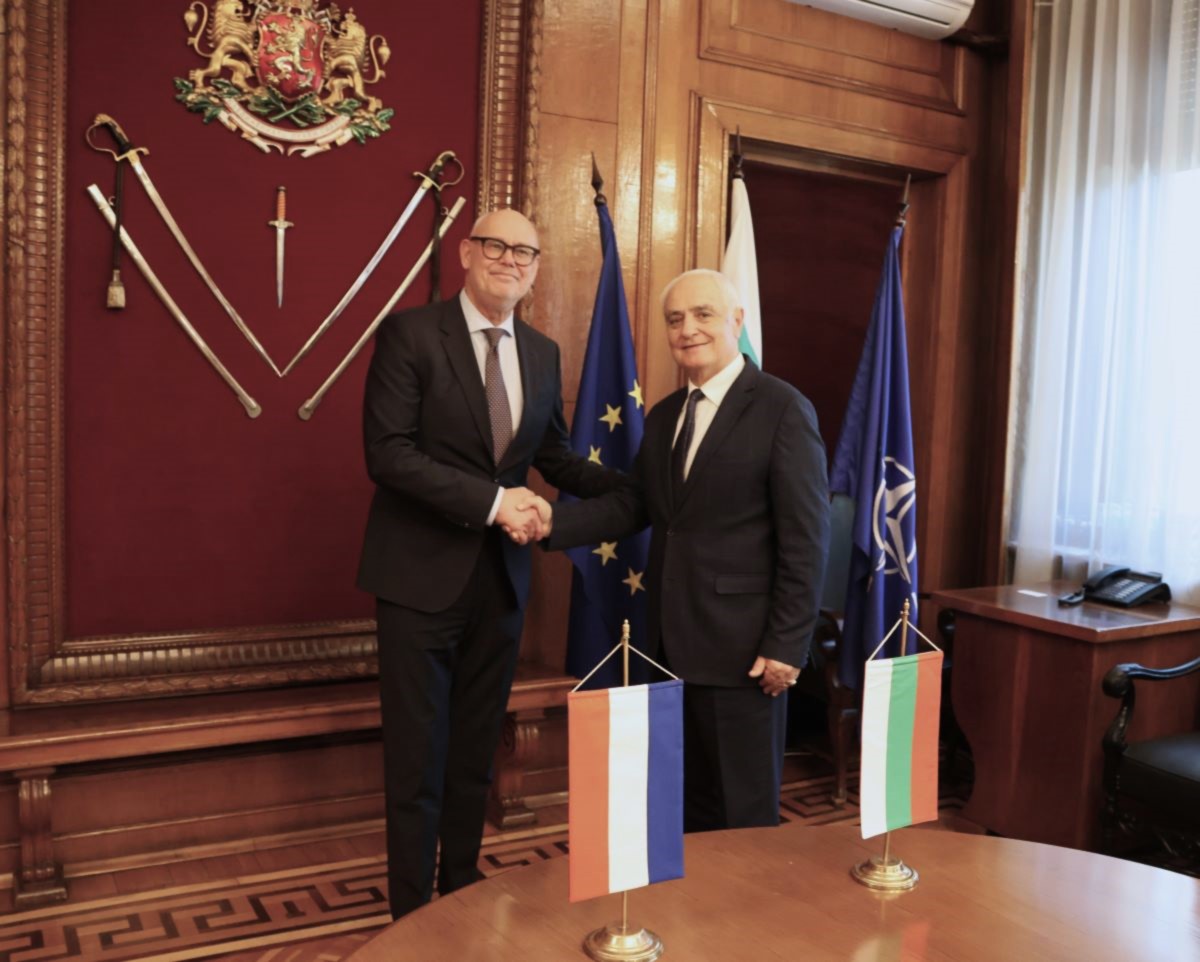Copyright independent

Flying into the Cop30 host city of Belém, which is around four hours north of the megacities of São Paulo and Rio de Janeiro, you can understand why Brazil’s President Luiz Inácio Lula da Silva chose the city for his “Cop in the Amazon.” For around the last 45 minutes of the flight all you can see is thick, green, canopied forest, with the occasional chocolate brown river snaking its way through. The city itself appears through the green almost out of nowhere, a regional hub of 1.3 million perched on the shoreline close to the mouth of the Amazon River. Known as the “gateway” to the Amazon, much of the city’s wealth has come from its role as an export hub for minerals, hardwoods, and crops grown on deforested lands. But the symbolism of Cop30 being hosted here goes beyond the location in the “lungs of the Earth”, since it was also in Brazil, at the 1992 Earth Summit in Rio de Janeiro, that the United Nations Framework Convention on Climate Change (UNFCCC) was first established – the organisation that has pushed global action on climate change ever since. With global emissions nearly doubling over the last 33 years, few would argue that things have progressed as hoped. What’s more, the post-Covid global consensus on tackling climate change appears to be fragmenting, with President Trump of the US – the largest historic contributor to climate change – actively pushing climate disinformation, and using trade tariffs to pressure other territories, including Japan, the EU and South Korea, - to buy more US oil. Trump will not attend Cop30. Visiting the Cop30 conference centre, which has been hosting the world leaders’ summit ahead of the two week-long conference next week, it is initially hard to escape a sense that Brazilian hosts are scambling to keep the show on the road. After warnings that insufficient hotel rooms in the small city were keeping delegates from poorer countries away –and news reports in recent days that countries were shunning the conference – the vast, tented conference centre had been still under construction, the air heavy with the scent of sawdust and the sound of drills piercing the air. Gloomy corridors seemed only half-lit, while bathroom taps either ran dry, or produced water shaded brown. But once world-leaders or their representatives began delivering their messages on climate, it was hard not to be heartened by the power of figures from every corner of the planet coming to express their shared concerns around the need to tackle the defining issue of our time. Sure, they might come at the subject from different angles - on the need for more climate finance, the need to prioritise “green” economic growth, or the warning that we are not doing nearly enough to help the climate – but the message was clear: here in the Amazon Rainforest are 154 countries, including India, China, and everywhere from Equatorial Guinea to Yemen, that believe in and are committed to addressing the climate crisis. For once, the world seemed able to ignore President’s Trump’s loud cries of a climate “con job”. “Cop30 will be the Cop of truth. It is time to take the warnings of science seriously. It is time to face reality and decide whether or not we will have the courage and determination necessary to transform it,” warned Brazil’s President Lula in his keynote address. “Let us be clear: the 1.5°C limit [on global warming] is a red line for humanity. It must be kept within reach,” said UN Secretary General Antonio Guterres, striking a similarly stern note. “We need a paradigm shift to limit this overshoot’s magnitude and duration and quickly drive it down. Even a temporary overshoot will have dramatic consequences.” European Commission President Ursula von der Leyen struck a bullish tone, noting the EU’s ambitious climate target to cut emissions 90 per cent by 2040, and adding that the EU had provided more than €34 billion (£30bn) in climate aid in 2024, which was up 10 per cent on the previous year. “My message is very clear: Europe is staying the course, and we offer our support to our partners to do the same because the whole world should reap the benefits of a clean transition,” she said. One-by-one, they delivered pro-climate messages regardless of their political persuasions. The deputy prime minister of Italy, Antonio Tajani, who has been said to share a similar ideological background to Trump, said that “our commitment is concrete”, adding that “we must do our part to limit global warming to 1.5C”. The climate envoy from Indonesia – an emerging economy that earlier this year was rumoured to be following Trump’s lead in leaving the Paris Agreement said that the country “remain[s] committed in strengthening our national climate deliverance”, and pointed out that the country had managed to bring deforestation down 75 per cent since 2019. For poorer, climate vulnerable countries, the message has become much more urgent. “I bring you warm greetings from the mountain Kingdom Lesotho, the kingdom in the sky,” said Lesotho’s deputy prime minister, Nthomeng Majara. “Severe droughts, floods, snow, frosts and storms negatively affect and reshape our lives, with each tasking season reminds us that climate change is no longer a distant threat. It is here.” “For small island states, the climate crisis is not past tense or future tense. It is our reality. We have no way to run, no way to hide,” added Antigua and Barbuda pr’sime minister, Gaston Browne. A few countries took direct aim at the absent Trump in their addresses, with Chile's President Gabriel Boric saying that Trump told a "lie" when he said the climate crisis does not exist, while Colombian President Gustavo Petro said that "Mr Trump is against human kind." Others were more veiled in their attacks, with Emmanuel Macron of France calling for “multilateralism over inward-looking attitudes” and for the need to “support free, independent science”. Keir Starmer struck a characteristically measured tone, warning that the “consensus is gone” on climate change among politicians in the UK, but adding that the “UK is doubling down on the fight against climate change as an investment in future generations”. Leaders like Starmer recommitting themselves to climate action is understandable, not only because the impacts of the climate crisis is becoming ever more obvious with each heat temperature record that is broken, but also because it is an area that the electorate continues to take very seriously. More than 70 per cent of Britons are afraid that the climate crisis will have a big impact on children’s future, a new poll from the NGO ActionAid found this week, with 62 per cent worried that the govenrment is not doing enough on climate action. But upbeat language is one thing and actions are another. In Starmer’s case, while is commitment to climate action was praised by experts, there was serious disappointment that the UK would not offer any money to President Lula’s flagship project: The Tropical Forest Forever Facility (TFFF), which is set to provide annual payments to tropical forest nations to aid their forest conservation efforts. “At last there’s an actual plan on the table to save the world’s remaining tropical forests, on which we all depend,” said cross-bench peer Zac Goldsmith. “Tragically the UK government simply has no interest in the real natural environment and seems only focused on one dimensional carbon accounting.” Brazilian representatives were reportedly deeply disappointed in the UK’s failure contribute However, Norway promised a cool $3 billion to the fund, effectively keeping it afloat – and showing that after thirty years, Cops are still capable of delivering not only positive words but also strikingly meaningful action, in spite of what the naysayers would have you believe.



